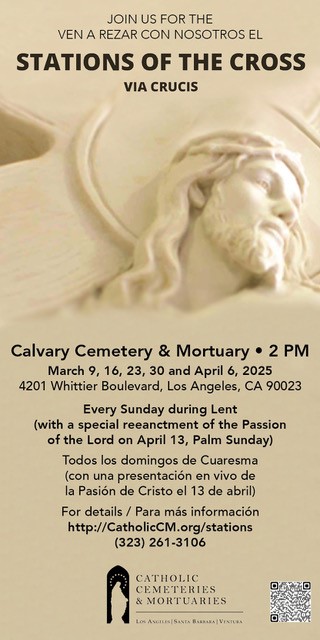I have been making time each day to watch the Olympic Winter Games from Pyeongchang, South Korea.
It is amazing the skill and determination of the athletes. Watching the figure skating, snowboarding and the other sports, it is incredible to realize that the human body is capable of such feats of strength and beauty.
As I watch, I find myself reflecting on the years of training and daily sacrifice that bring these athletes to the world stage. And I remember that line from the early Church: “The glory of God is the human person fully alive.”
We are made for this glory, for this fullness of life. All of us! Every person has a transcendent destiny written into our being and guided by the loving hand of God. The first Christians called this destiny by different names — holiness, partaking of the divine nature, becoming saints.
There was a sense in those early days of Christianity that the mystery of God was at work in each one of us — that being born was just the beginning; that to be created in God’s image implies a “trajectory” to our lives; that we are meant to grow and be perfected, to become a new creation.
For all the achievements we have made as a human species — from athletics to science and technology and the arts — we are still only beginning to appreciate what it means to be created in the image and likeness of God.
But in the greatness of our accomplishments in training our bodies and in transforming the natural world, I believe we can see what is possible for the human spirit and the human soul.
In his letters, St. Paul often compared our Christian life to an athletic contest — referring to sports that would eventually become part of the Olympics, such as running, boxing and wrestling.
As athletes do, St. Paul said that we need to set goals and have a training plan to condition and strengthen ourselves. We need discipline, self-denial and patience. And we need to keep our motivation, always having our eyes on the prize of heaven and eternal life.
“Do you not know that the runners in the stadium all run in the race, but only one wins the prize?” St. Paul wrote to the Corinthians. “Run so as to win. Every athlete exercises discipline in every way. They do it to win a perishable crown, but we an imperishable one.”
It is a media culture, and I wonder if we spend too much time these days as “spectators” — watching great athletes, actors and actresses. What we see on our screens is only the “finished product.” We never see all the years of hard work, training and practice that went into developing their abilities.
And I wonder: Does all this time spent “watching” weaken us and make us more passive ourselves? Does it reinforce in us the idea that only exceptional people can do exceptional things?
Lent would be a good time for us to shake up that pattern. Maybe we can try to “do” more and “watch” less.
What if we took up St. Paul’s challenge to “train yourself for devotion” and “run the race that lies before us … keeping our eyes fixed on Jesus”?
Imagine if we trained like Olympic athletes, applying their same energies, their same single-hearted devotion, to our spiritual lives. What if our goal was not “the gold” but becoming the saints that God made each one of us to be?
There are no Olympics of the spirit. Holiness is a contest that is waged inside ourselves — in our daily struggles to overcome our selfishness and to become men and women of love, compassion, kindness, humility and patience.
Athletes train their muscles to work in certain ways, repeating the same tasks and exercises over and over until they get it right — until the skill becomes “second nature.”
The holiness that God has made us for also requires a new pattern of thinking and living, a new approach to the world. That means developing good habits and doing away with bad habits in our lives.
Love is the good habit that we need to acquire. It takes practice because by nature we are selfish, we look to our own comfort and our own advantage. Like every good habit, we become more loving through the repetition of acts of love. So we need to practice until we are made perfect.
The spiritual disciplines of Lent — fasting, prayer and almsgiving — are intended to strengthen us through self-denial, detaching us from self-centered goals and teaching us to seek the Father’s will for our lives, and to live for his glory and his kingdom.
Pray for me this week as we continue in our Lenten journey together. And I am praying for you.
And let us ask our Blessed Mother Mary to help us to run the race that lies before us and to keep our eyes on the prize, the new life of joy that God wants for us.
You can follow Archbishop Gomez daily via Facebook, Twitter and Instagram.
Interested in more? Subscribe to Angelus News to get daily articles sent to your inbox.

